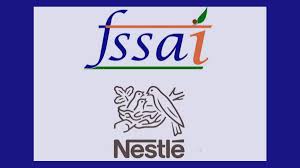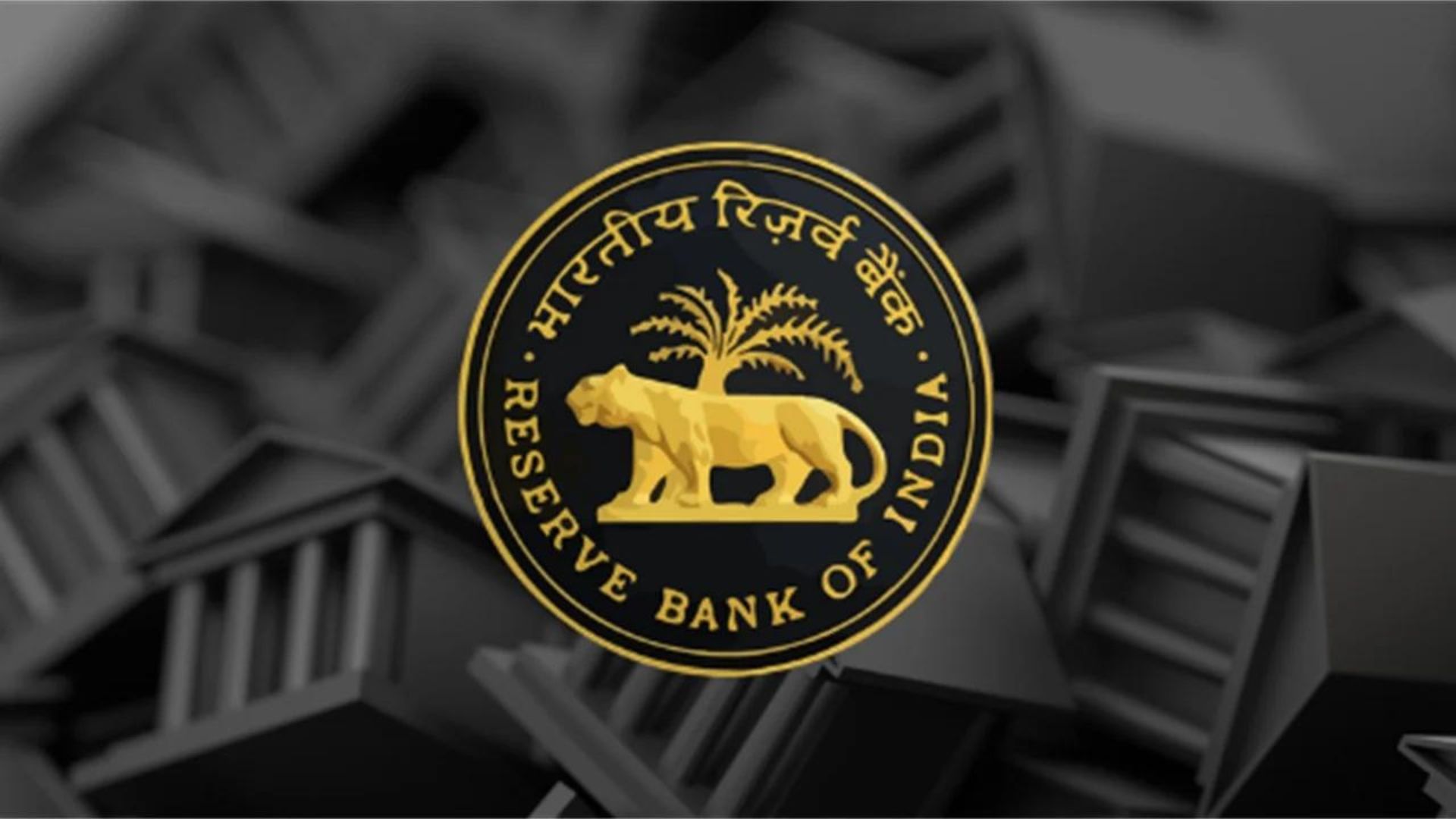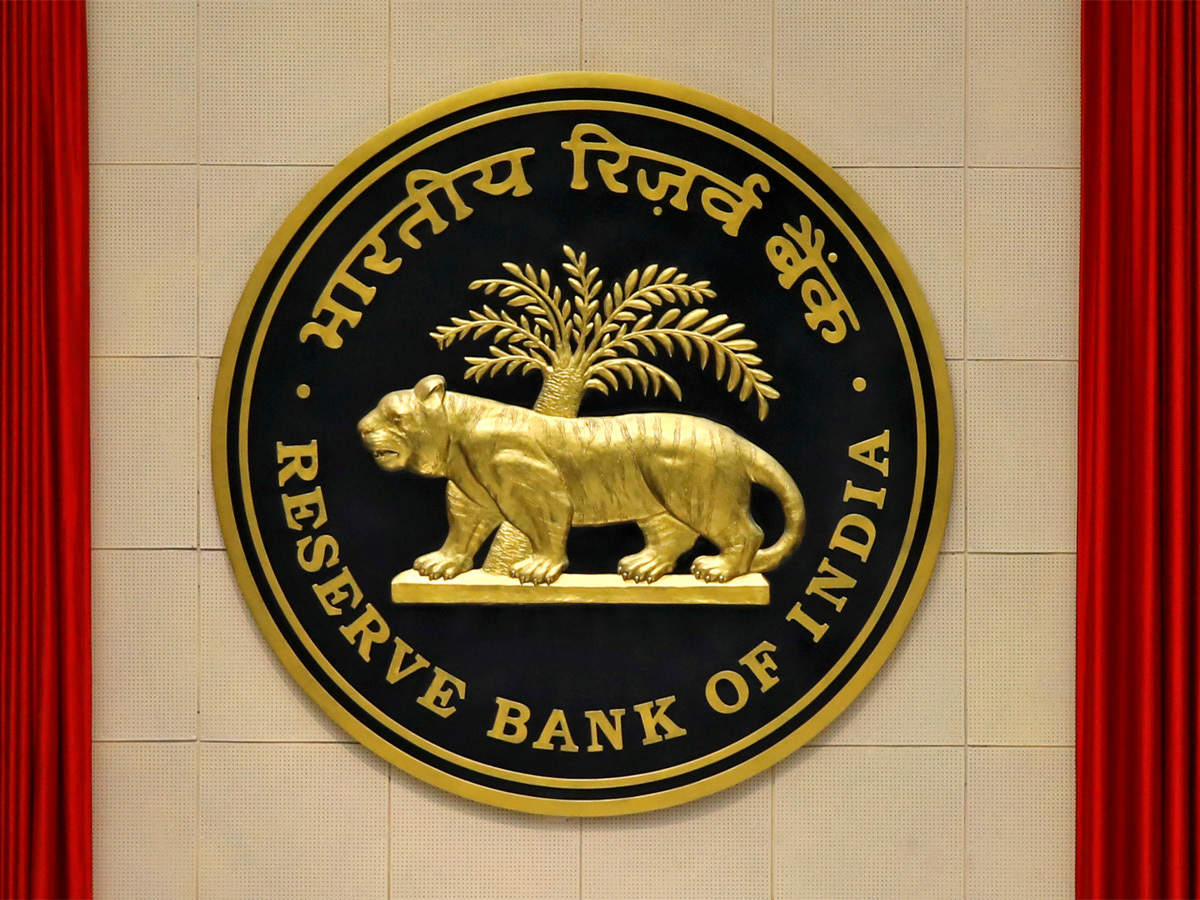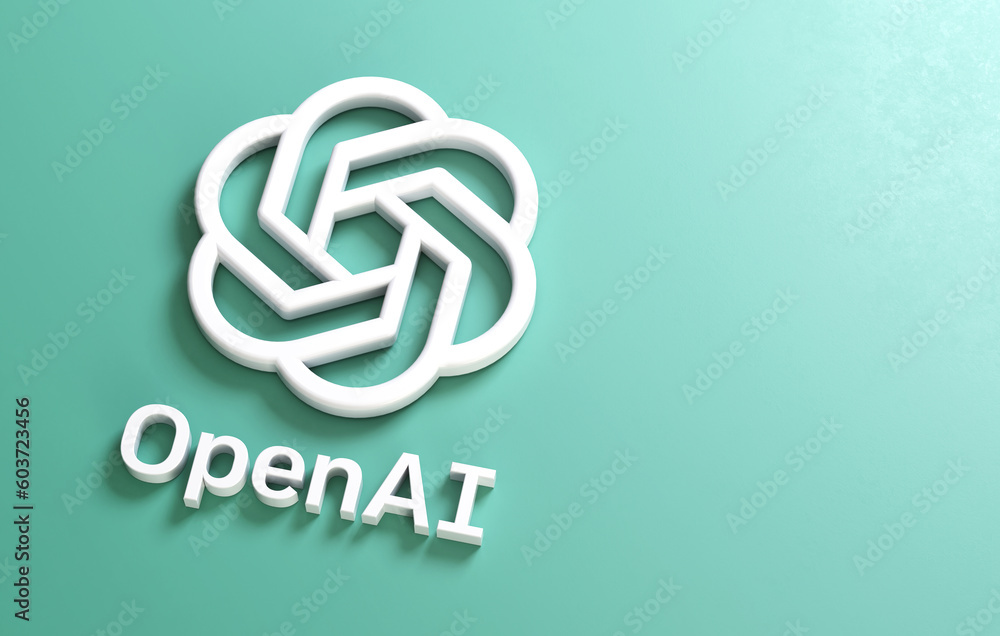Industry & Regulation
FSSAI investigating Nestle over sugar in baby foods: Govt sources

The Daily Guardian is now on Telegram. Click here to join our channel (@thedailyguardian) and stay updated with the latest headlines.
For the latest news Download The Daily Guardian App.
Banking & Finance
RBI bans BOB from onboarding new customers
Banking & Finance
RBI action may curb credit growth, says S&P, Nomura sees limited effect on biz
Economic
RBI’s new master direction on ARCs effective April 24
Industry & Regulation
RBI blocks Kotak Bank’s online onboarding & credit card issuance
Tech
OpenAI Establishes India Presence with Government Relations Head
Business News
DPI, bankruptcy law, tax code boost India investment destination: WEF official
-

 Opinion2 years ago
Opinion2 years agoPakistan-China nexus trying to sow doubts in Indian society about governance systems
-

 Fashion7 years ago
Fashion7 years agoThese ’90s fashion trends are making a comeback in 2017
-

 Entertainment7 years ago
Entertainment7 years agoThe old and New Edition cast comes together to perform
-

 Entertainment7 years ago
Entertainment7 years agoThe final 6 ‘Game of Thrones’ episodes might feel like a full season
-

 Opinion2 years ago
Opinion2 years agoEnvironment day with a missing spring and lost souls
-

 Business News2 years ago
Business News2 years agoIndia Becomes World’s 5th Biggest Economy
-

 Policy&Politics2 years ago
Policy&Politics2 years agoA successful SME must understand his 5 wives
-

 Business News2 years ago
Business News2 years ago‘75K STARTUPS DEFINE THE POWER OF INNOVATION’












